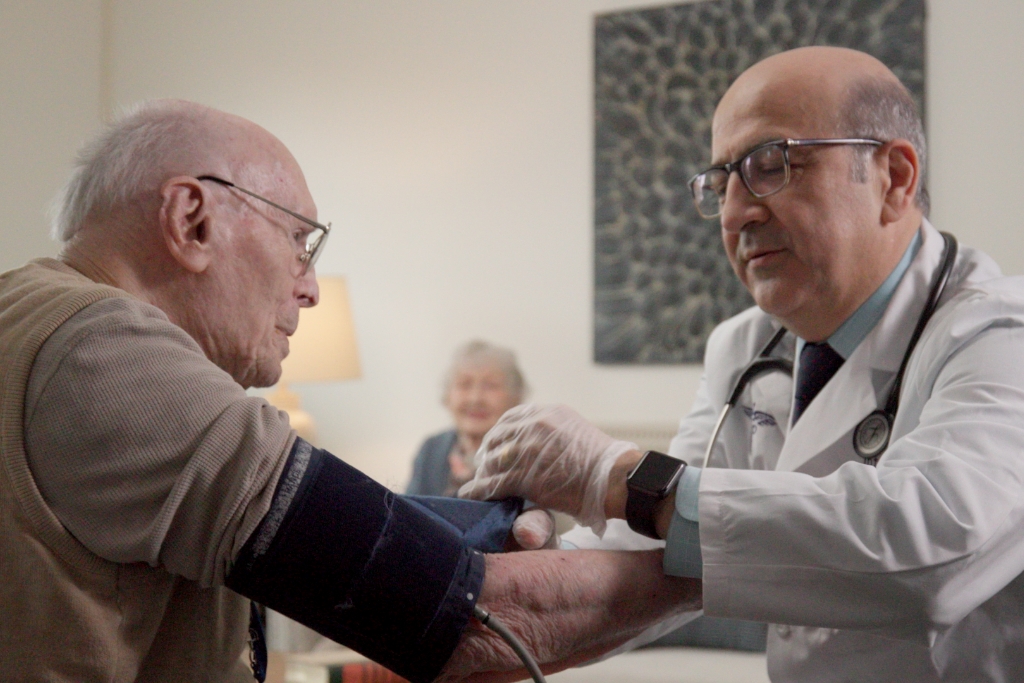
When loved ones are diagnosed with a memory disorder, like Alzheimer’s disease, it’s sometimes referred to as dementia. The two words are sometimes used interchangeably, but they are not necessarily the same thing. It’s simple: Dementia is a general term for brain disorders, including Alzheimer’s Disease, Vascular dementia, Lewy Body Dementia and Young Onset Dementia
So what is the difference between Alzheimer’s and other forms of dementia? First, let’s understand what exactly is characterizes Alzheimer’s Disease.
What are the symptoms of Alzheimer’s?
Alzheimer’s is known as a neurological disease that has a lasting impact on the memory. It changes the brain permanently, but in more ways than just memory:
Cognitive
Alzheimer’s Disease is often associated with confusion, but in reality, it’s a side-effect of the loss of cognitive ability. It can impact a person’s ability to think, remember, and communicate. Many times, the short-term memory is affected first, but the long-term memory is impacted eventually.
Emotions
People with Alzheimer’s can often appear withdrawn. This can be linked to the loss of cognitive abilities, as a person is no longer able to follow a conversation, they appear disengaged.
Physical
The physical body can also be affected by Alzheimer’s, as the brain’s function deteriorates, it impacts their coordination and mobility.
Behavior
Some side effects of Alzheimer’s can include behavior changes. A person may react in a way that is out of character
What is the main difference between Alzheimer’s and other forms of Dementia?
While there is substantial overlap between the different forms of dementia, there are several distinctives of the other types of dementia.
Vascular Dementia is the most similar to Alzheimer’s Disease. The biggest difference being that it can often be diagnosed after a stroke, and is identified by a slower cognitive speed, memory difficulties and depression.
Lewy Body Dementia can appear in the form of visual hallucinations, sleep disturbances, and muscle rigidity.
While most forms of dementia are diagnosed in the later years, young Onset Dementia is characterized by the young age that symptoms occur.
Memory Care at Brentwood Healthcare
No matter the form of dementia, Brentwood Healthcare provides smart, secure, and compassionate care to meet the unique needs of their memory care patients. With all the amenities of assisted living and independent residents, plus more amenities to meet the unique needs of the residence in our memory care program.
When your loved one is accepted into the Memory Care program at Brentwood Healthcare, they will enjoy a comforting environment, designed to keep them safe while feeling like home. Learn more about our unique facilities and activities that engage and stimulate their minds.



